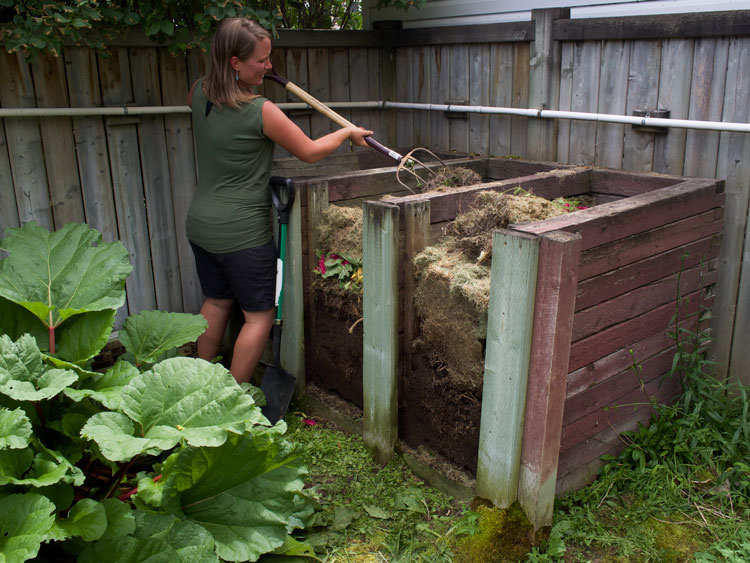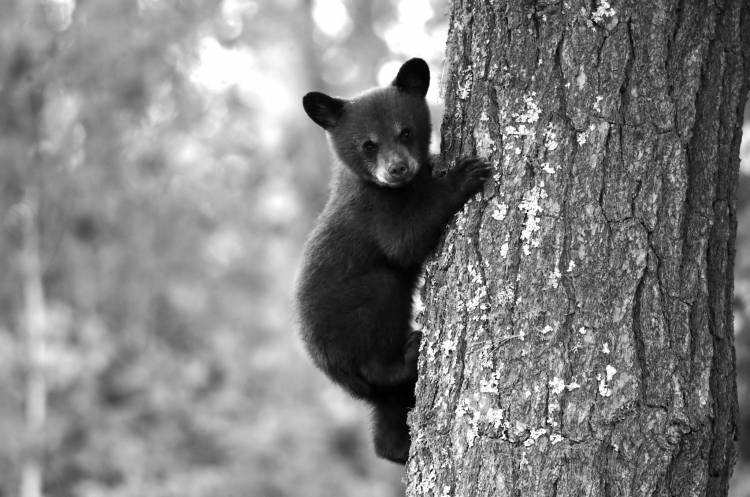Spring has arrived, and as we all head to the hills to revel in spring flowers and leafing trees, remember that we won’t be the only ones doing so – bears are waking up from another long winter nap.
Living with wildlife is a gift, but with it comes a large responsibility to co-exist in a way that allows for the long-term sustainability of these incredible creatures, while also keeping ourselves safe.
Unfortunately, us humans—whether directly or indirectly—are one of the leading causes of bear deaths in the region. Managing attractants on our properties, in town or out in the country, is critical to decreasing bears desires to come to human settlements seeking an easy meal. Once a bear becomes habituated to human food sources, it’s usually game over. There’s a reason why we’re all familiar with the saying, “a fed bear is a dead bear”.

Bears have an incredible sense of smell – widely thought to be one of the best on the planet and with an estimated range of some 2100 times that of a human! So just because you can’t smell it doesn’t mean a bear can’t!
Here are a few simple steps you can take to keep bears—and yourself—safe this year.
- Bear Spray: At this time of year, bears are down in the valleys where we live, foraging for fresh food after their long hibernation. So, time to start packing bear spray with you on your walks, bike rides and runs again.
- Garbage: Store your waste somewhere secure (garage, basement, etc.) and only put your garbage out on the morning of collection day. Many of our towns now have bylaws that prohibit putting your garbage out the night before, so not only could you be attracting bears, you might also get fined. While you’re out and about in town, put any garbage in bear-proof garbage bins, not open air garbage bags. If your community doesn’t have bear-proof bins in public areas, ask your city council for them today!
- Compost: Now that your winter’s compost has thawed, it’s time to flip it and layer it with dried grass clippings, leaves or other brown material to make sure your compost has the right balance to decompose quickly. Questions? Here’s an easy compost how-to.
- Electric Fences: Electric fences can be an effective deterrent for keeping bears away from livestock, chicken coops, bee hives, compost and fruit trees. Consider installing an electric fence or contacting your local Wild Safe Program Coordinator to see if they are hosting an electric fence workshop in your community.
- Barbeques: Everyone loves the smell of food on the grill. Make sure not to leave food residue on your grill – give it a good brushing and burn off any leftover bits.
- Pet Food: Don’t leave your pet food outside – high protein pet foods smell just as enticing to bears as it does to your pets!
- Bird Feeders: Winter is over and birds should have plenty of natural food sources to choose from now. Consider taking your feeders down during bear season – it’s not just birds that are attracted to bird feeders!
- Wild Safe BC runs programs throughout BC to reduce conflict between wildlife and humans. Find out if your community has a Wild Safe Coordinator and check out their offering of workshops and community presentations in your community.
A few easy steps can go a long way to reducing conflict between humans and bears and ensuring that our children’s children can continue to coexist with them. If you want to learn more, Get Bear Smart is a great resource.








